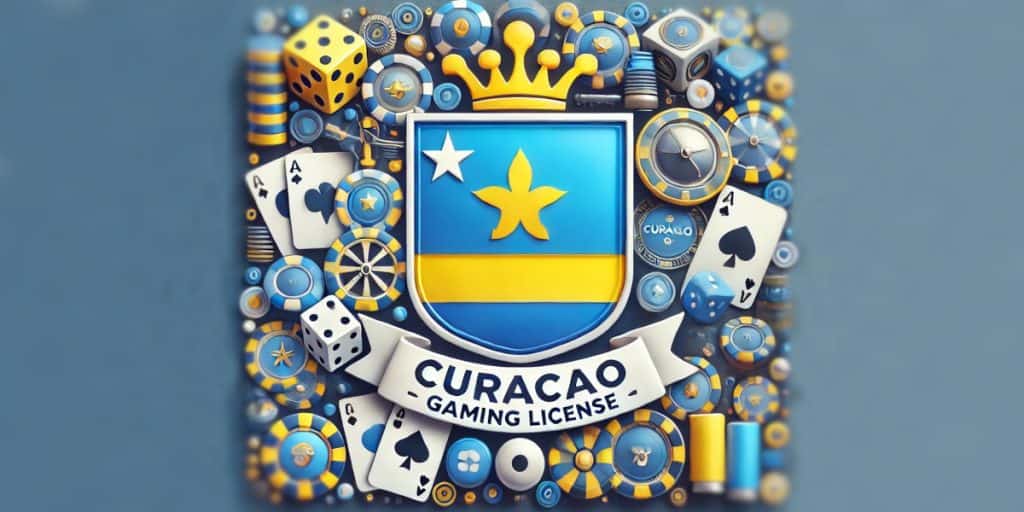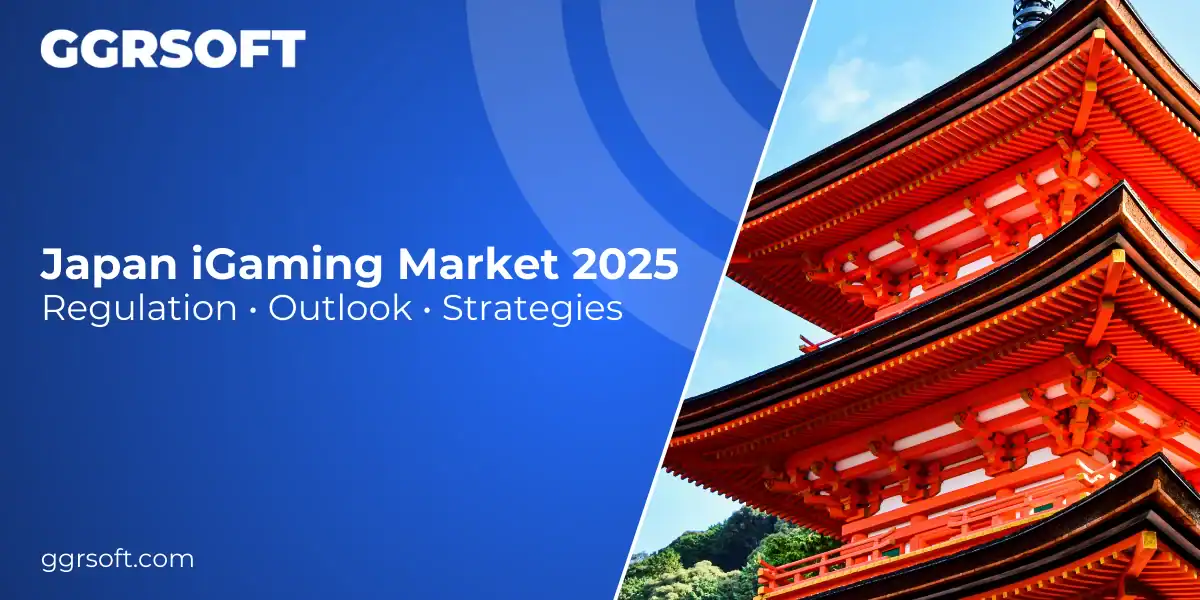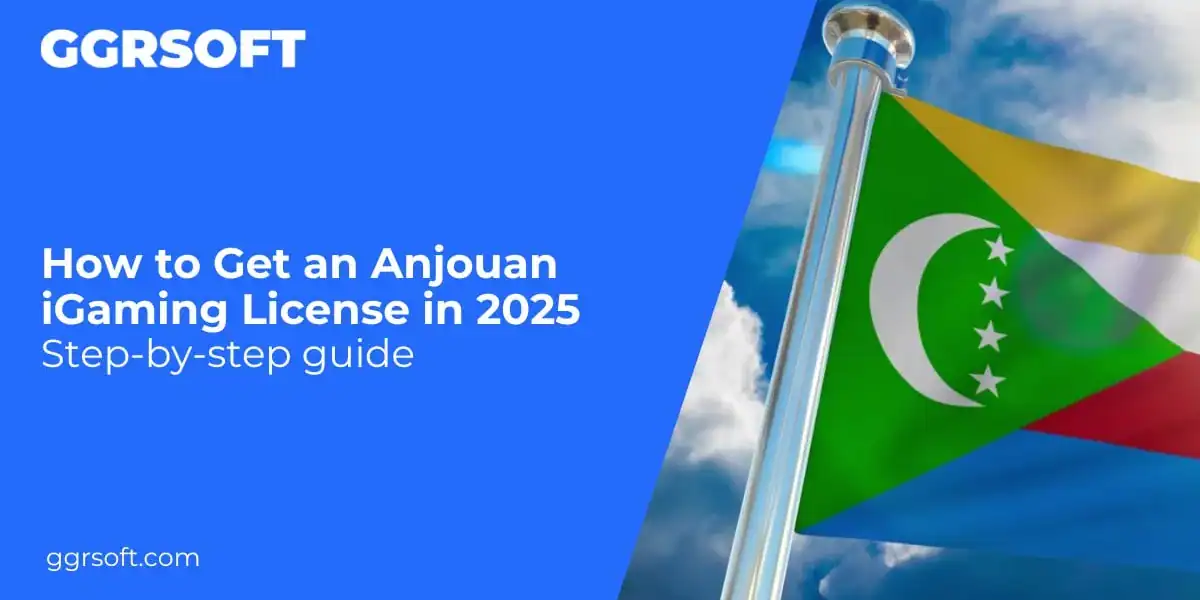
Facing unlicensed casino problems? See why providers block you, payments fail, and how a license solves these critical issues for your business.
MEET US AT SIGMA EUROPE

Curacao has been a significant player in the online gaming industry since the mid-1990s. Here’s a brief history of the Curacao iGaming license:
1996 Establishment of Licensing Framework:
2001 The E-Zone Law:
Introduction of Master Licenses:
2014 Establishment of GCB:
2020 Strengthening of Regulatory Framework:
New Legislation and Increased Oversight:
Pros:
Cons:
Compliance Challenges – As the GCB strengthens its oversight, operators may face increased compliance burdens and costs.
In summary, while the Curacao Gaming license offers significant advantages in terms of cost, speed, and tax benefits, it also faces challenges related to reputation, regulatory changes, and compliance. The evolving role of the GCB aims to address these issues, potentially improving the credibility and robustness of the licensing regime.


Facing unlicensed casino problems? See why providers block you, payments fail, and how a license solves these critical issues for your business.

Japan online casino market regulation 2025 guide: licensing process, legal framework analysis, and strategies for successful market entry.

How to get an Anjouan iGaming license in 2025. Learn about costs, steps, and updates in this quick and practical guide.
Let’s Connect
